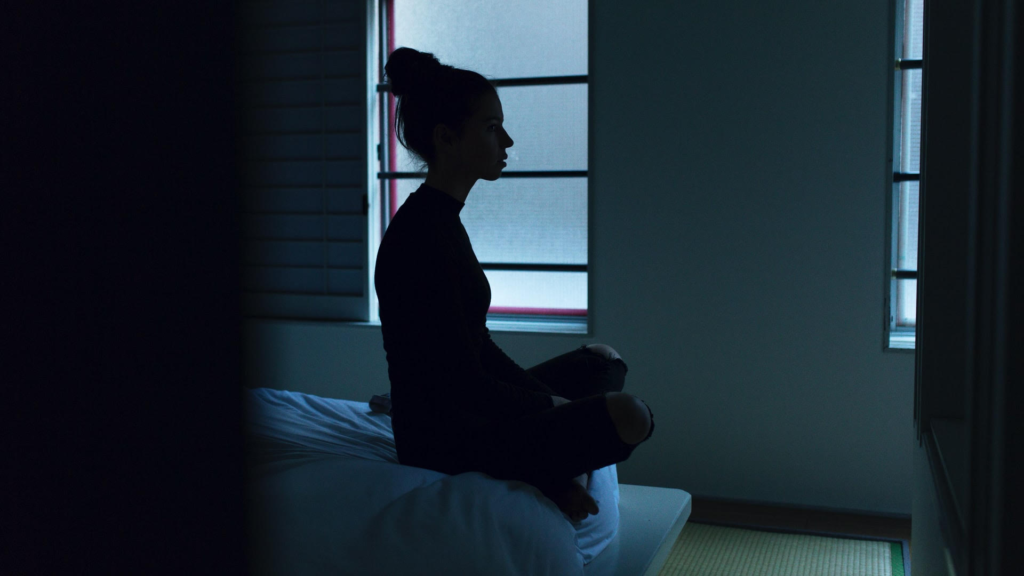This is a question I am commonly asked at dinner parties, other community gatherings, and of course, in the office. It’s no surprise since the National Institute of Mental Health (NIMH) reports that major depression is the most widespread mental disorder in the United States, with roughly 21 million adults having had a Major Depressive Disorder in 2020. I would speculate that this number is underestimated because many people do not get treatment for depression for cultural, socio-economic, and other reasons.
I tell people that while there is no “depression test,” the identifiable symptoms are not a secret, and everyone can look out for them. There are even some online screening tools that the public can use as a first step towards understanding what symptoms they might have. The diagnosis of depression, or what psychologists call Major Depressive Episode or Clinical Depression, should be made by a professional in the field (i.e., a physician, psychologist, nurse, social worker) and include a thorough history of symptoms.
The other element professionals will be assessing is the frequency, severity, and duration of the symptoms a person presents with. So, for clarity, depression is not the same as being sad or even really sad. It’s pretty normal to feel down or apathetic sometimes, but depression is a more severe and long-lasting version of such an experience.
The specific symptoms to look out for in Clinical Depression are spelled out in the Diagnostic and Statistical Manual of Mental Disorders (5th Edition) and are paraphrased in the list below. As you look at the list, keep in mind that to be diagnosed with clinical Depression, you have to have had at least five of the symptoms almost every day for at least two weeks, and at least one of those five symptoms has to be the depressed mood or decreased interest/pleasure criteria:
- Depressed mood, sadness, or emptiness that is very persistent almost every day
- Decreased interest/pleasure in most previously enjoyed activities
- Changes in appetite or unintentional weight loss
- Constant fatigue or decreased energy
- Feeling guilty, hopeless, or worthless
- Sleeping too much or too little
- Feeling restless, irritable, or easily frustrated
- Difficulty concentrating or making decisions
- Physical symptoms (such as chronic pain or digestive disorders) that don’t respond to treatment
- Recurrent thoughts of death or suicide or a suicide attempt
If, after looking at this list, you think you or a loved one might be suffering from clinical depression, please reach out to us or any medical professional you trust for a confirmation of your diagnosis and to discuss treatment. Research has shown that most people who seek treatment for depression show improvement. Common treatments with good outcome data include antidepressant medication, psychotherapy, or some combination of the two.
If you, or a loved one, are experiencing any suicidal ideation or are in distress, please reach out immediately to the National Suicide Prevention Lifeline (1-800-273-TALK) or text the Crisis Line (HELLO to 741-741). Whether you’re thinking about calling for yourself or on behalf of someone else, or if you are not sure, just call.
Dr. Hayley Hirschmann is a clinical psychologist in private practice with the Morris Psychological Group, P.A. in Parsippany. Practice specialties include treatment of adult depressive and anxiety disorders and grief management. She also has a special interest in, and experience treating, mental health issues specific to women. Such issues include, but are not limited to, post-partum depression, post-surgery depression, menopause-related depression, adjustment to divorce or single parenthood, and coping with chronic illness, losses or trauma.







